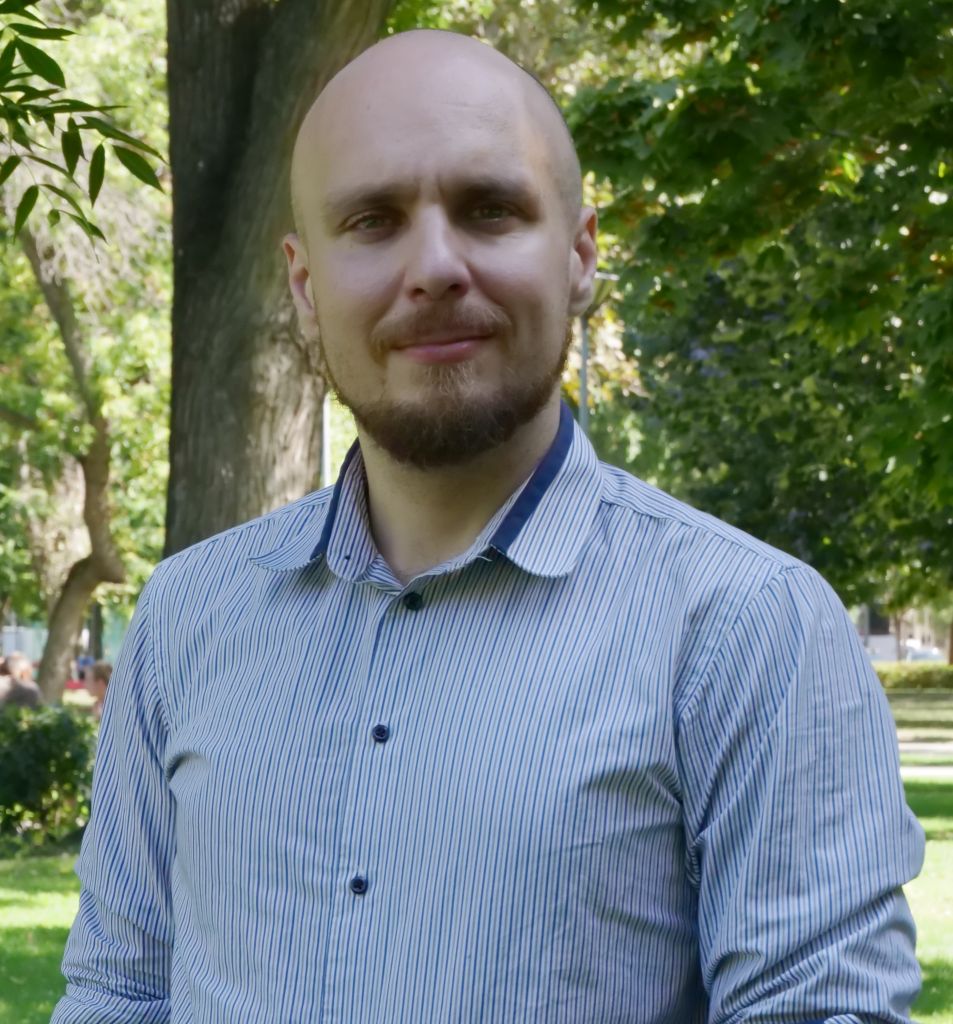The https://english.atlatszo.hu use cookies to track and profile customers such as action tags and pixel tracking on our website to assist our marketing. On our website we use technical, analytical, marketing and preference cookies. These are necessary for our site to work properly and to give us inforamation about how our site is used. See Cookies Policy
Map and aerial video of privatized property given to Fidesz-affiliated foundations
Under the cover of the pandemic, thousands of billions of euros worth of state assets were transferred free of charge to trusts linked to the governing party. One of the biggest winners of the transfers was the government commissioner for culture, Szilárd Demeter – in a joint project by K-Monitor and Átlátszó, we present the privatized properties on a map and video.
As Átlátszó wrote earlier, in the spring of 2021, one of the biggest privatization waves since the ’90s took place in Hungary. Viktor Orbán’s ruling Fidesz party, using their majority in parliament handed over invaluable institutional, real estate and other assets for free to private trusts, which were headed largely by Fidesz politicians and other members of the ruling party.

By the end of the process, the so-called “public trusts of public interest” (KEKVAs) had taken control of much of the country’s educational and cultural institutions.
Among the most valuable assets gained by the trusts are the billions of euros worth of property around the country. The trusts may treat these formerly state-owned estates as can any property owner, they are even allowed to sell them to private individuals – in such a case the state can at most buy back the property it has previously given away for free, meaning that the KEKVAs’ net profit is guaranteed.
Hidden privatization: valuable public assets transferred from the state to public trust foundations led by Orbán-allies | atlatszo.hu
In less than a year, the network of Hungarian culture commissioner Szilárd Demeter has gained a real estate portfolio worth billions of Forints. Mr. Demeter, who received international criticism over his comments about “George Soros’s gas chamber” now controls several monumental castles and lucrative cultural centers.
Together with Átlátszó, K-Monitor has also looked into the unprecedented transfer of assets. On its website Eltettek.hu, the corruption watchdog has compiled a map of all the properties that have been transferred to private foundations in the last four years. See the K-Monitor summary here:
Eltették – térképen az alapítványoknak átadott közvagyon
Nem kérték, nem indokolták, csak eltették.
One of the biggest winners of the privatization wave was Szilárd Demeter, director of the Petőfi Museum of Literature and former “government cultural commissioner”. Over the last couple of years, companies and foundations linked to him accumulated an unprecedented amount of wealth due to government “donations”. Today, the former government commissioner’s empire includes all the major art galleries, museums, monuments, castles and nearly a third of the Hajógyári Island in Budapest.
The trust headed by Demeter, the so-called Foundation for Hungarian Culture was established last year and was given authority over almost all major cultural institutions in Hungary, governing over most of the country’s cultural policy. In addition to institutions, the foundation also received public funds and new real estate: these and their value are collected in this article:
The multi-billion real estate fortune of Szilárd Demeter’s outsourced empire | atlatszo.hu
In less than a year, the network of Hungarian culture commissioner Szilárd Demeter has gained a real estate portfolio worth billions of Forints. Mr. Demeter, who received international criticism over his comments about “George Soros’s gas chamber” now controls several monumental castles and lucrative cultural centers.
Below you may also see a video of the properties belonging to Szilárd Demeter. In the short film, you can get a bird’s eye view of Hajógyári Island, Zichy Castle, Andrássy Palace and Károlyi Palace.
Written and translated by Zalán Zubor, the Hungarian version of this article is available here.
Hungary. What do you know about Hungary? from atlatszo.hu on Vimeo.
Share:
Your support matters. Your donation helps us to uncover the truth.
- PayPal
- Bank transfer
- Patreon
- Benevity
Support our work with a PayPal donation to the Átlátszónet Foundation! Thank you.
Support our work by bank transfer to the account of the Átlátszónet Foundation. Please add in the comments: “Donation”
Beneficiary: Átlátszónet Alapítvány, bank name and address: Raiffeisen Bank, H-1054 Budapest, Akadémia utca 6.
EUR: IBAN HU36 1201 1265 0142 5189 0040 0002
USD: IBAN HU36 1201 1265 0142 5189 0050 0009
HUF: IBAN HU78 1201 1265 0142 5189 0030 0005
SWIFT: UBRTHUHB
Be a follower on Patreon
Support us on Benevity!

